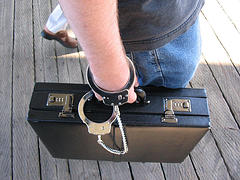 Group travel, whether it is for volunteer work, a reunion, a destination wedding, an anniversary, or simply a summer family vacation, is typically a pre-paid event and there are usually some benefits to pre-paying for a large group that often includes a per-person discount simply due to volume.
Group travel, whether it is for volunteer work, a reunion, a destination wedding, an anniversary, or simply a summer family vacation, is typically a pre-paid event and there are usually some benefits to pre-paying for a large group that often includes a per-person discount simply due to volume.
Group travel insurance is a good idea when you can cover the entire group for a cost that’s less than what individuals and separate family members would have to pay on their own.
When a family decides to take a trip together, that trip comes with its own set of risks. Those risks are, unfortunately, compounded simply because of the higher number of people traveling together. For example, while group travel is often discounted by the sheer number of people on the trip, if one person has to cancel, can you recover the costs for the one who has to cancel while everyone else goes on with the trip? Will the remaining people have to pay more as a result of one cancellation?
While it may seem best to let individuals or separate families purchase their own coverage for their own needs, a group travel insurance policy often means a per-person discount when a number of people are traveling to the same location for a period of time. So, if cost is a factor when you are looking into how to pay for a group trip and travel insurance, consider looking into group travel insurance to see if the price will make enough of a difference.
See our full review of group travel insurance for the risks, best coverage, and more.







